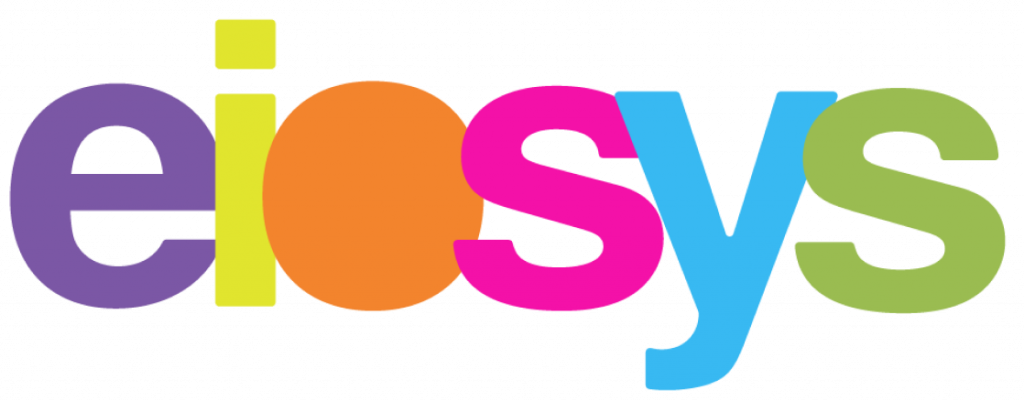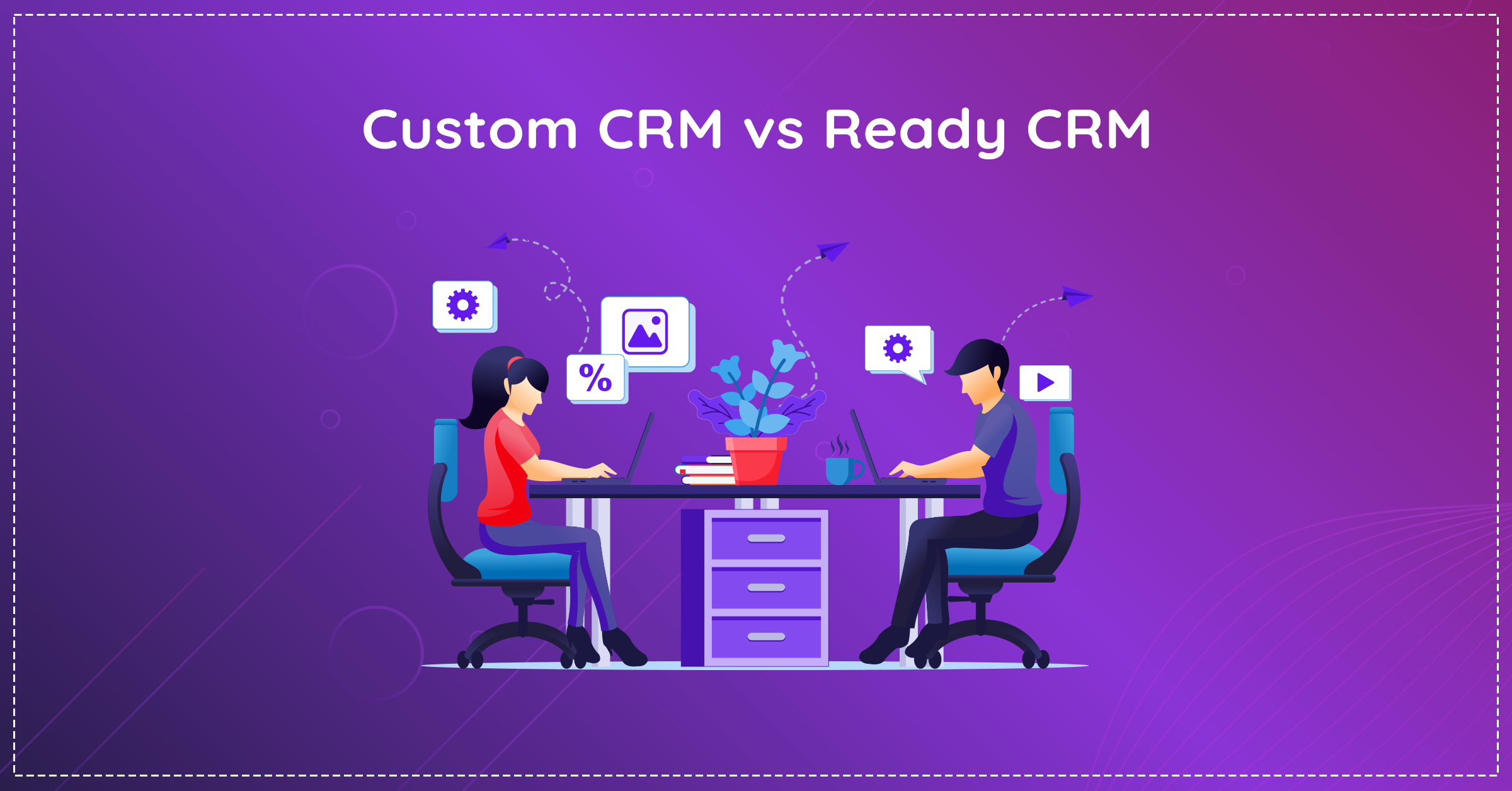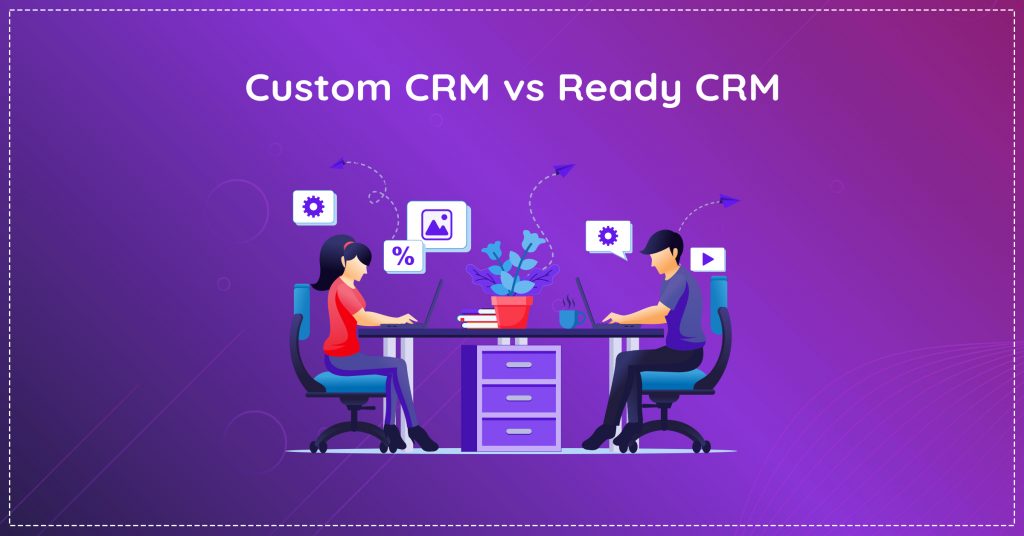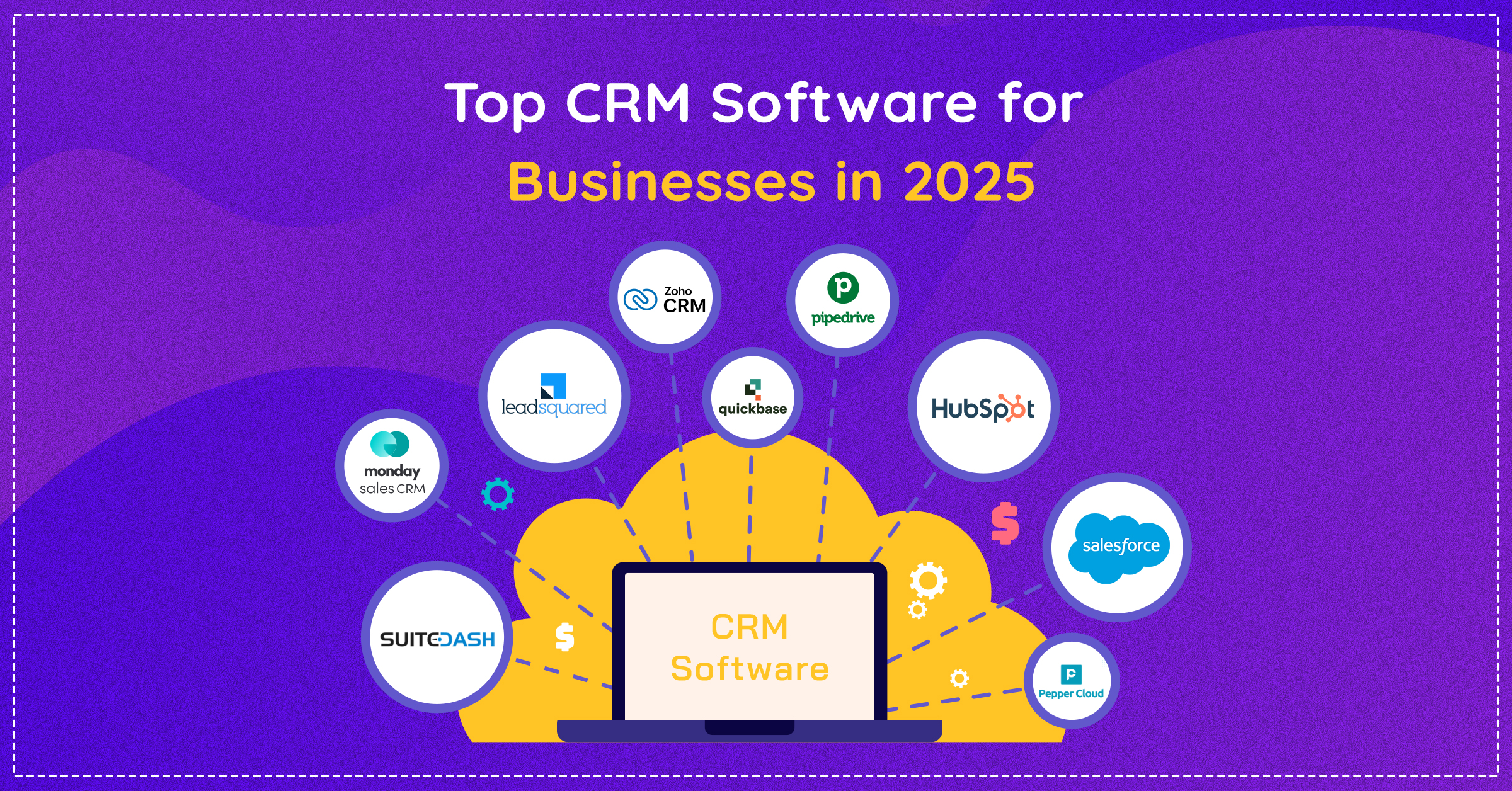In this blog, we’ll break down the key differences between custom CRM vs off-the-shelf CRM to help you choose the right solution for your business.
Customer Relationship Management (CRM) is often the heart and soul of your business. These systems are the backbone of successful customer interactions and sales strategies. CRMs not just give you access to raw data, rather, they deliver intelligence that shapes your marketing strategies. When you are optimising your marketing campaigns across funnels, CRMs help in keeping track of that strategy.
With a multitude of CRM options available, choosing between a custom and off-the-shelf CRM can be a daunting task. This blog explores the nuances of both these solutions. It will help you make an informed choice.
What Is a Custom CRM?

A custom CRM system is designed from scratch to fit the unique requirements of your business. A custom CRM also offers additional features and functionalities such as lead segmentation, data security and more. Custom CRM integrates with your existing workflows, improving efficiency and user adoption. It is highly scalable. You can also automate the manual tasks with a custom CRM solution.
Pros & Cons of Custom CRM
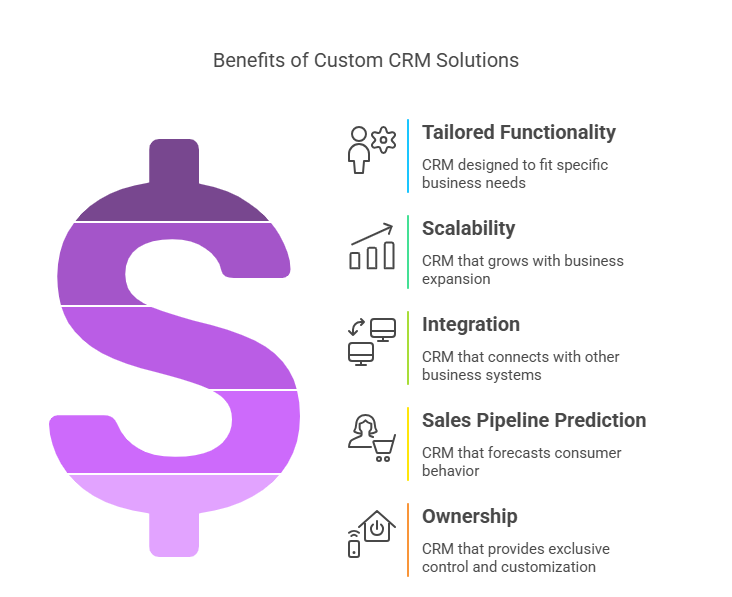
- Custom Made for Your Business
The biggest benefit of a Custom CRM is its nature itself, it is tailor-made for your business. For example, if your business requires tracking of customer journeys, a custom CRM can integrate those tracking functionalities into your sales process.
Scalable
A custom CRM solution is designed keeping your long-term business in mind. It evolves with your business. For example, if you expand your business from a local market to a nationwide brand, with a custom CRM, it is easier to add another module, multi-state compliance and advanced analytics to capture and track leads. You can further use lead segmentation to nurture the leads.Integration
A manufacturing company might use CRM software for operations, accounting software for finance, and a custom CRM that integrates with both. This integration ensures that the sales team can see inventory levels from the CRM and payment histories from the accounting software, all within the CRM, streamlining processes. This way, a custom CRM can be integrated with all other software to improve collaboration amongst teams and improve the efficiency of business.- Sales Pipeline Prediction
A CRM can also forecast consumer’s buying behaviour. If you can build a CRM that can forecast consumers’ buying behaviour based on past purchases and social media activity, you are already ahead of your competitors! This can translate into targeted marketing campaigns that yield higher conversion rates and customer loyalty.
- Ownership
Building a custom CRM makes you the sole owner of the system. You can decide when to upgrade, customize or change the system according to business needs. Exclusive ownership eliminates issues like pricing changes, technical glitches or any other issues that disrupt your operations.
Cons of Custom CRM
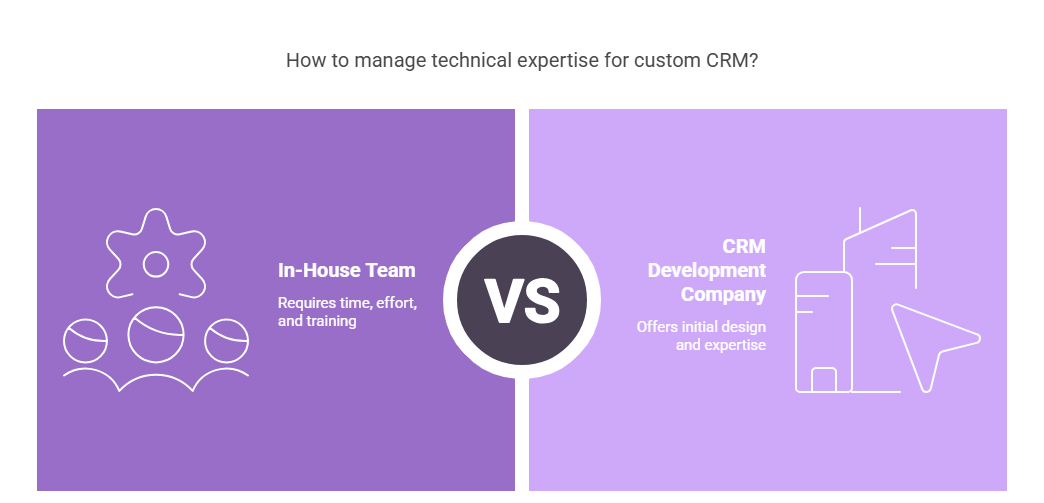
Requires Technical Expertise
Creating and maintaining a custom CRM requires a high level of proficiency. Hiring and training an in-house team requires plenty of time and effort. You may consider working with a custom CRM development company to initially design a robust custom CRM that fulfils your business needs. Once the designing phase is complete, you can employ staff to maintain it and take care of day-to-day business operations.
What is Off-the-Shelf CRM?

An off-the-shelf CRM is a pre-built CRM solution readily available for use. These CRM software are easy to deploy, and quite cost-effective compared to the custom CRMs. However, these CRM software have general features and functionalities that work across multiple industries and are not typically designed for your business. Off-the-shelf CRMs have less flexibility for customisation. If your business needs are common, you can go ahead and deploy off-the-shelf CRM.
Pros of Off-the-Shelf CRM System
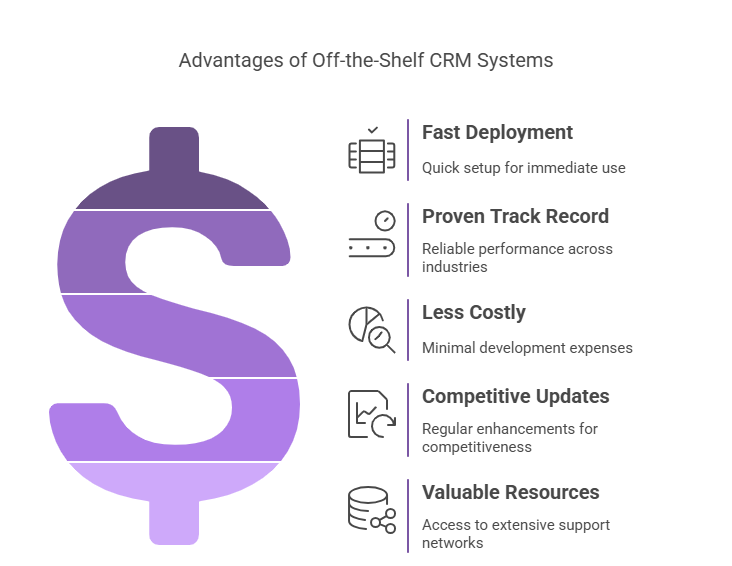
- Fast Deployment
As these systems are pre-built, they can be deployed much faster than custom ones. If you are looking for a quick-fix solution and lack the time to build a custom CRM, you can use these pre-packaged solutions for simple business needs. - Proven Track Record
These CRM software have a proven track record and use cases across various industries. Till 2024, Hubspot CRM had over 2 lakh paid users across 135 countries. As these CRMs are used by businesses globally, they are robust and possess all the essential features and functionalities (almost 90%) your business needs. They also undergo rigorous testing based on user feedback. This makes off-the-shelf CRMs reliable and beneficial for your business. - Less Costly
Off-the-shelf CRMs require minimal or no development costs. Many of these are available on a monthly or annual subscription basis. If you’re just starting a new business, you can purchase a readily available CRM and as your business evolves and gets more complex, you can switch to custom-built CRM. - Competitive & Regular Updates
Vendors of off-the-shelf CRM continuously invest in updates and technology to stay competitive and retain brands. This means your business benefits from regular updates without the extra R&D or maintenance cost. These updates increase the security of the system, improve user experience and incorporate new functionalities. - Access to Valuable Resources & Global Community
Established off-the-shelf CRMs have large user communities and online academies, tutorials, and forums where users can share advice and solutions. Access to this wealth of resources can help resolve issues quickly and also improve your network. For example, the Hubspot community also provides detailed guides on other topics besides CRM like SEO, Social Media, Inbound Marketing and other activities.
Cons of Off-the-Shelf CRM
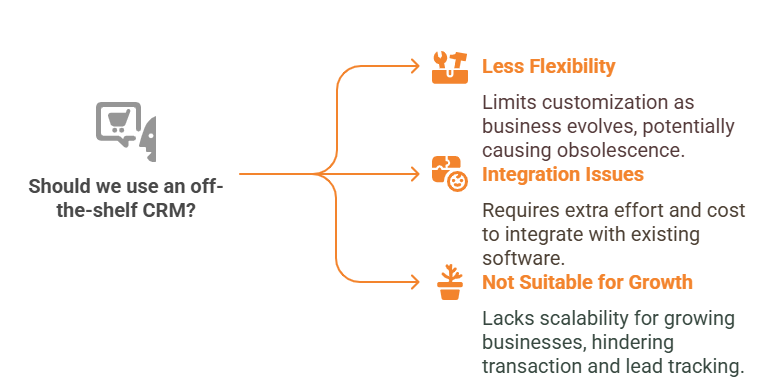
- Less Flexibility
When it comes to customisations, there’s hardly anything you can do when using off-the-shelf CRM. This restricts your ability to modify the system as your business changes. As your business evolves and you need unique functionalities, these ready-to-deploy CRMs can become obsolete. Your productivity can be disturbed if you continue with them. - Integration Issues
Ready CRMs may not integrate with all the software used by your business. Hence, you will have to put in extra effort and money to integrate these systems with the CRM. - Not Suitable for Growing Businesses
Ready-made CRMs lack scalability. For example, if you are an eCommerce company, using a ready CRM may not be enough as your business grows, you may struggle to handle the increasing transactions and lead tracking. This can hamper your business growth.
How to Select the Best CRM for Your Business?
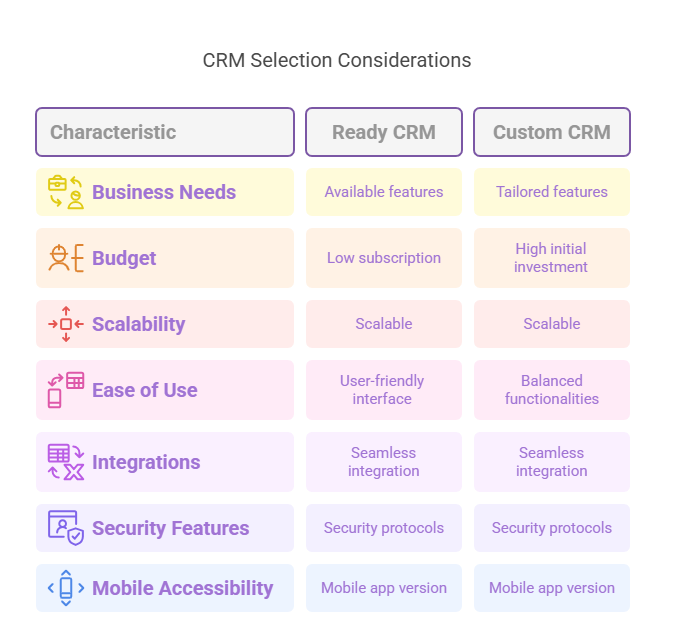
Your choice of CRM depends on various factors and here are a few of them:
- Assess Your Business Needs
Understand the unique requirements of your business? Identify all the key features you need such as marketing automation, integration with third-party software, sales tracking, data analytics and others. If these features are available in a ready CRM, you can opt for that or else, you may have to consider a custom CRM. - Consider Your Budget
Determine how much you are willing to invest. Keep in mind that a CRM system is not a one-time expense, it needs maintenance costs, upgrade costs and support. Ready CRMs have a low subscription cost, whereas a custom CRM requires high initial investment. When considering costing, evaluate the overall return on investment and the value your business will get, do not be carried away by lower initial costs. - Evaluate Scalability
Look for a CRM that is scalable and evolves with your growing business. If you are expecting some growth, ensure the CRM can handle an increasing load of customers and data, and that you can add more features or integrations as needed without switching to a new system. - Ease of Use
Consider a CRM that offers a good balance between robust functionalities and a user-friendly interface. It’s often beneficial to request a demo or a trial period to test the CRM in action. - Check Integrations
Does the CRM integrate seamlessly with the other tools used by your business? This integration feature is quite important as it allows smoother operations and cross-collaboration amongst teams. - Security Features
Security is paramount. Evaluate security protocols of CRM software, data encryption, and compliance with regulations like GDPR or HIPPA. Also heck how data breaches are handled. - Mobile Accessibility
Your team should be able to access CRM data 24/7. This is crucial for the marketing and sales team. For this, a mobile app version of a CRM is a necessity.
By weighing in all these factors, you can make a wise choice. A choice that not only fits your current needs but also supports your business as it evolves.
Conclusion
A CRM system carries immense weight. It’s not only bread and butter for the sales and marketing team but enhances the overall operational efficiency. When choosing between a custom vs an off-the-shelf CRM, it’s crucial to understand the pros and cons of both CRMs.
Remember, the right CRM is the one that aligns with your business strategies and improves your customer relationships. If you wish to develop a custom CRM that is well-aligned to your business requirements, you can get in touch with us.
FAQs
Apps generally crash because of lots of reasons like memory problems, Bugs in code, device specific problems, or having older versions of the application.
These tools will help automate the testing efforts for mobile applications, saving time and preventing human error. Appium, Espresso, and XCUITest are a few examples.
Load testing ensures that an application would not crash at any point in time, even when there is a heavy influx of users, enabling the application to perform seamlessly under pressure.

